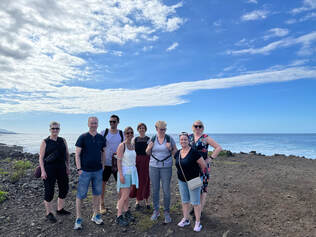 The phenomenon that is Early School Leaving is not an easy one to tackle. Since there are many reasons as to why people are deciding to finish school prematurely, a holistic approach is needed to understand how to manage such cases. The new edition of the course “Preventing conflicts and tackling Early School Leaving” took place in Tenerife from 20/03/2022 to 26/03/2022. The participants came from all across Europe, with Bjork Erlendsdottir, Hildur Halla Gylfadottir, Kristin Linda Kristinsdottir from Menntaskólinn við Sund in Iceland; Roland Weißer, Marvin Morlock, Julia Böhme from Insel-Realschule Pforzheim in Germany; Inge Mersseman, Nele Lefebvre from SKOBO campus CVOSG in Belgium. Early school leaving is a widespread problem across Europe and being in a European context, participants got the chance to explore different perspectives at the national level. On the first day, they focused on defining what Early School Leaving means and on identifying the main risk factors. This allowed the participants to draw and share a realistic picture of their school experience with Early School Leaving, starting from the underlying causes, and finishing with the potential consequences. 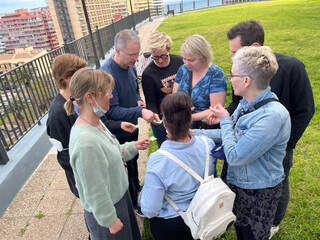 What was especially highlighted in our discussion was the importance of connecting with students. An empathetic approach and active listening were the base of every further action, as we continued with the week. The participants went on discovering the conflict management topic. After a little discussion about what is conflict, we moved on to gaining different perspectives. The group could discover that conflict doesn’t have to be a negative thing - quite the opposite. It could be a great opportunity to understand ourselves and the other person. Afterwards the group practised some non-formal activities to reflect the importance of membership and collaboration. Strategies for collaborative work and peer-education were analysed. The group focused then on how to battle negativity in the classroom. We analysed different conflict management styles and discussed their concrete application in different situations. Then the group defined and characterised the main “negative” student types and developed practical tips and suggestions on how to deal with them in the most effective ways. The participants engaged in a team challenge that allowed them to learn how to foster a mindset of growth in our students, moving away from having a fixed approach. In the end, we analysed the phenomenon of bullying. Through group reflection, the participants were able to bring structure the phenomenon, and come up with practical solutions and strategies on how to deal with bullying and how to prevent it in the first place. 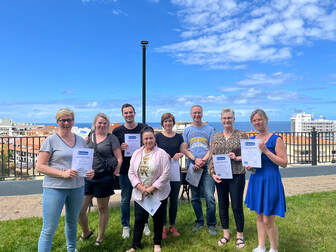 The key word of this week training course was “transformation”: we learned how to change perspective on conflicts, how to transform the strong and sometimes negative energy of some students into something positive and productive, how to change our mindset from fixed to growth, how to transform a group of people into a team. Discover more about this course in: https://www.erasmustrainingcourses.com/early-school-leaving.html |
Welcome to the ELA Blog. Here you will find articles and photos of our courses and have a look at the topics addressed during the week in Bologna, Palermo and Tenerife. You will also have the chance to take a peek at our projects and check out what we have been up to.
Archives
July 2024
Categories |
-
Course catalogue
- 2023-2024 course catalogue
- Soft Skills >
- ICT and New Technologies >
- Inclusion and Diversity >
-
Innovative Teaching Methods
>
- Innovative teaching methods discovery
- Non-formal education teaching methods
- Dual education and work-based learning
- Teaching leadership and entrepreneurship
- Project based learning
- Game based learning and gamification
- Green skills
- Outdoor education
- Outdoor education trekking edition
- Promoting creativity and critical thinking
- Languages and EU projects >
- Preschool >
- Erasmus Plus KA1
- What we do
- About us
- Locations
- Blog
- Contact us
 English
English български
български Čeština
Čeština Español
Español Français
Français ελληνικά
ελληνικά Italiano
Italiano Polski
Polski Português
Português Română
Română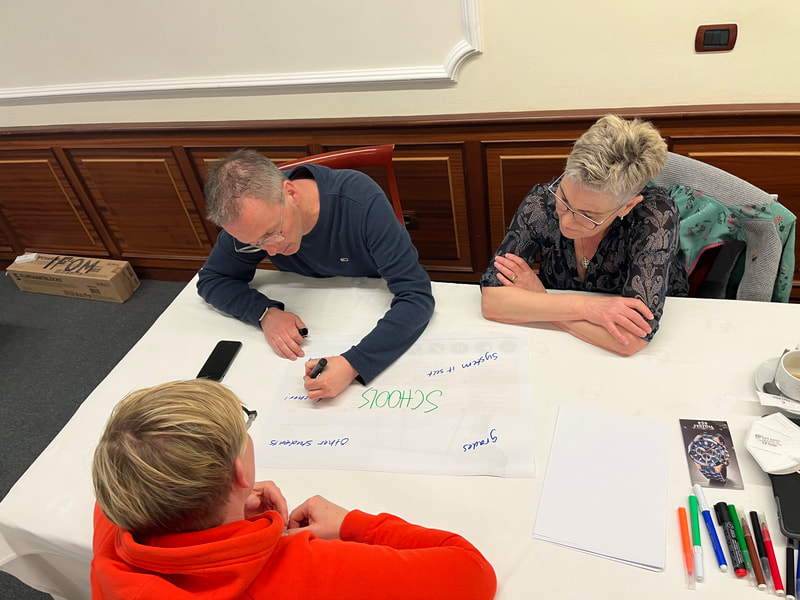
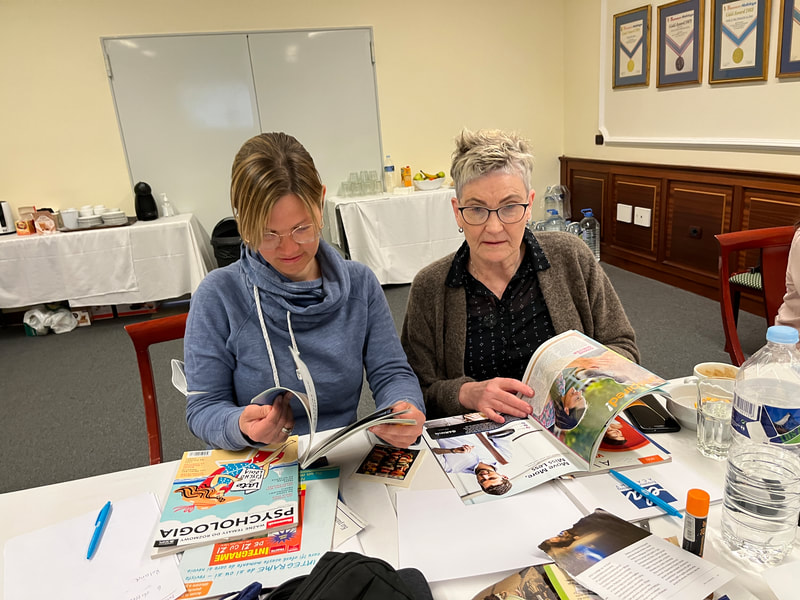
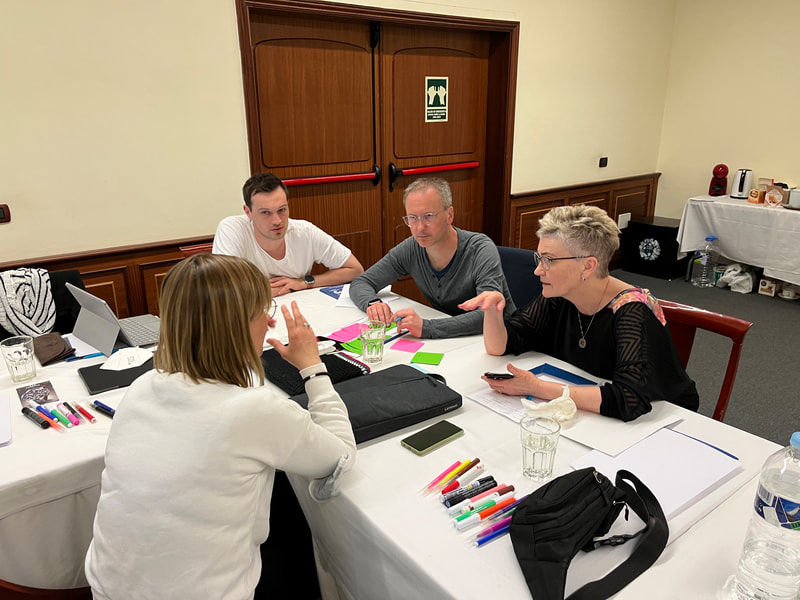
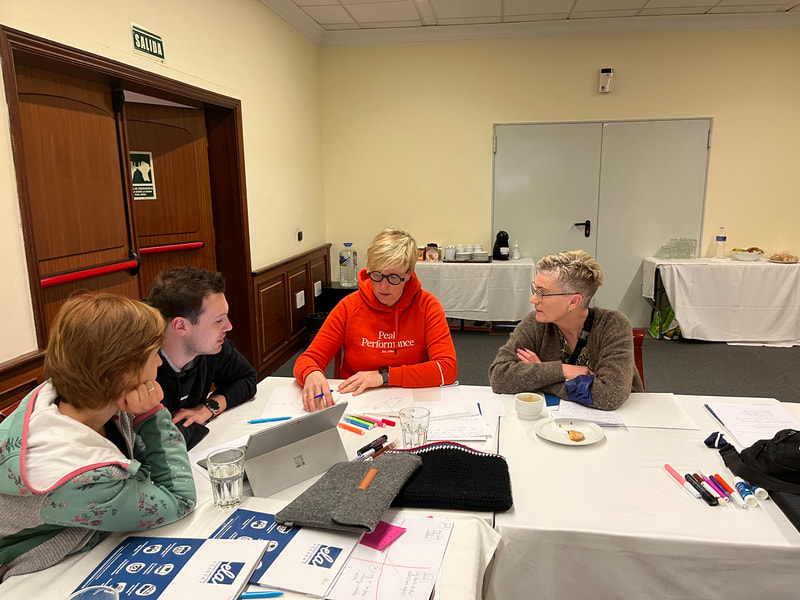
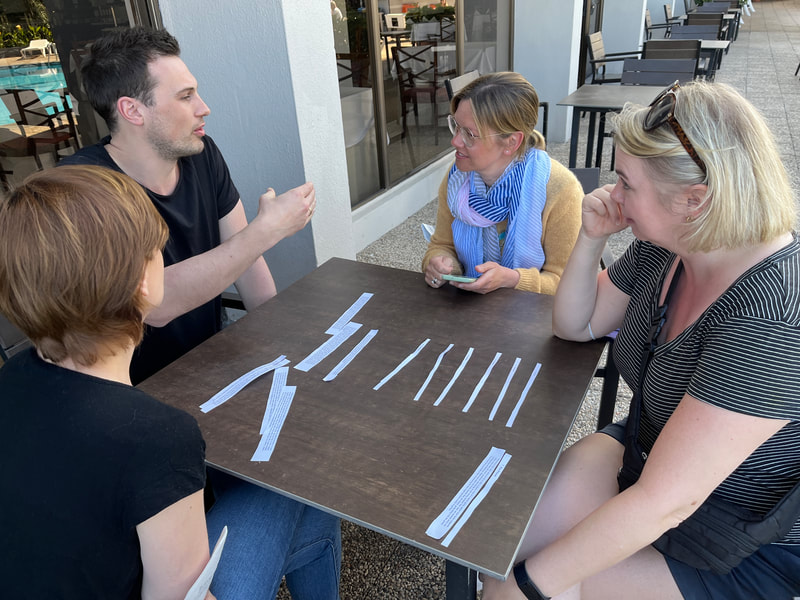
 RSS Feed
RSS Feed









